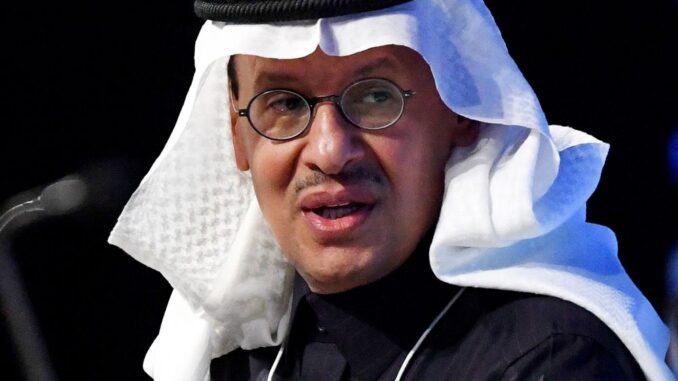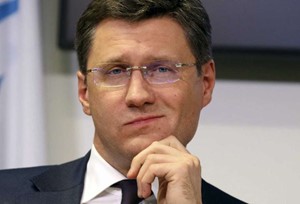
Kingdom seeks to reduce domestic oil consumption
Developing new methods for manufacture of hydrocarbon-based materials
Plan to have 50% of power generation from renewables by 2030
Saudi Arabia plans to reduce domestic consumption of liquid hydrocarbons by 1 million b/d for use “in a better way”, the kingdom’s Energy Minister Prince Abdulaziz bin Salman said on March 16.
“If we are to maintain our position as a long-term carbon producer, we have to be innovative enough and collaborative enough to ensure these hydrocarbon resources will be monetized and used in a better way,” said the Saudi minister during the Berlin Energy Transition Dialogue, broadcast online March 16. “We are launching a sustainability program to try to find ways to use hydrocarbons in different ways, especially in terms of materials, which will not be impacting or affecting the environment in any way.”
Reducing domestic demand could also help Saudi Aramco increase its long-term spare capacity from levels of around 1.5 million b/d to 2 million b/d historically. The kingdom has more crude available from its 12 million b/d production capacity, due to its self-enforced cuts agreed with OPEC+, which have limited production to 8.13 million b/d in February, according to the latest S&P Global Platts survey, with exports below 6 million b/d.
A research paper published in 2018 by the King Abdullah Petroleum Studies and Research Centre forecast that increases in domestic gasoline and electricity prices in the kingdom could effectively boost export capacity by over 75,000 b/d, while cutting carbon emissions by 97 million tons annually.
“The liquid displacement program that we will be introducing this year will take care of reducing our petroleum and petroleum product consumption from all utilities,” said Prince Abdulaziz.
Hydrogen drive
Saudi and other states have made headway reducing fuel burn in the power sector through various reforms and the expansion of gas-fired generation plants for electricity and desalination. The kingdom’s power sector may also have benefited from the availability of more heavy fuel oil in the region following the introduction of tougher regulations on shipping fuel under the IMO 2020 agreement.
Hydrocarbon-dependent Saudi Arabia needs a breakeven price of about $80/b to balance its budget, according to the IMF.
Meanwhile, Saudi is pushing ahead with climate change mitigation initiatives in the energy sector, according to Prince Abdulaziz said.
These include a $5 billion green hydrogen production facility powered by renewable energy targeted to provide 650 tons of carbon-free hydrogen daily for export, situated at its NEOM smart city, which was announced in July. Saudi Arabia has also announced plans to have 50% of its power generated by renewables and 50% generated from natural gas by 2030.
“We are now in a phase of delivering what we have negotiated,” he said. “We are willingly executing what we have agreed to in the Paris agreement. We have to be mindful of national circumstances. If want to be inclusive you have to be mindful of each nation you want to participate with you.”



